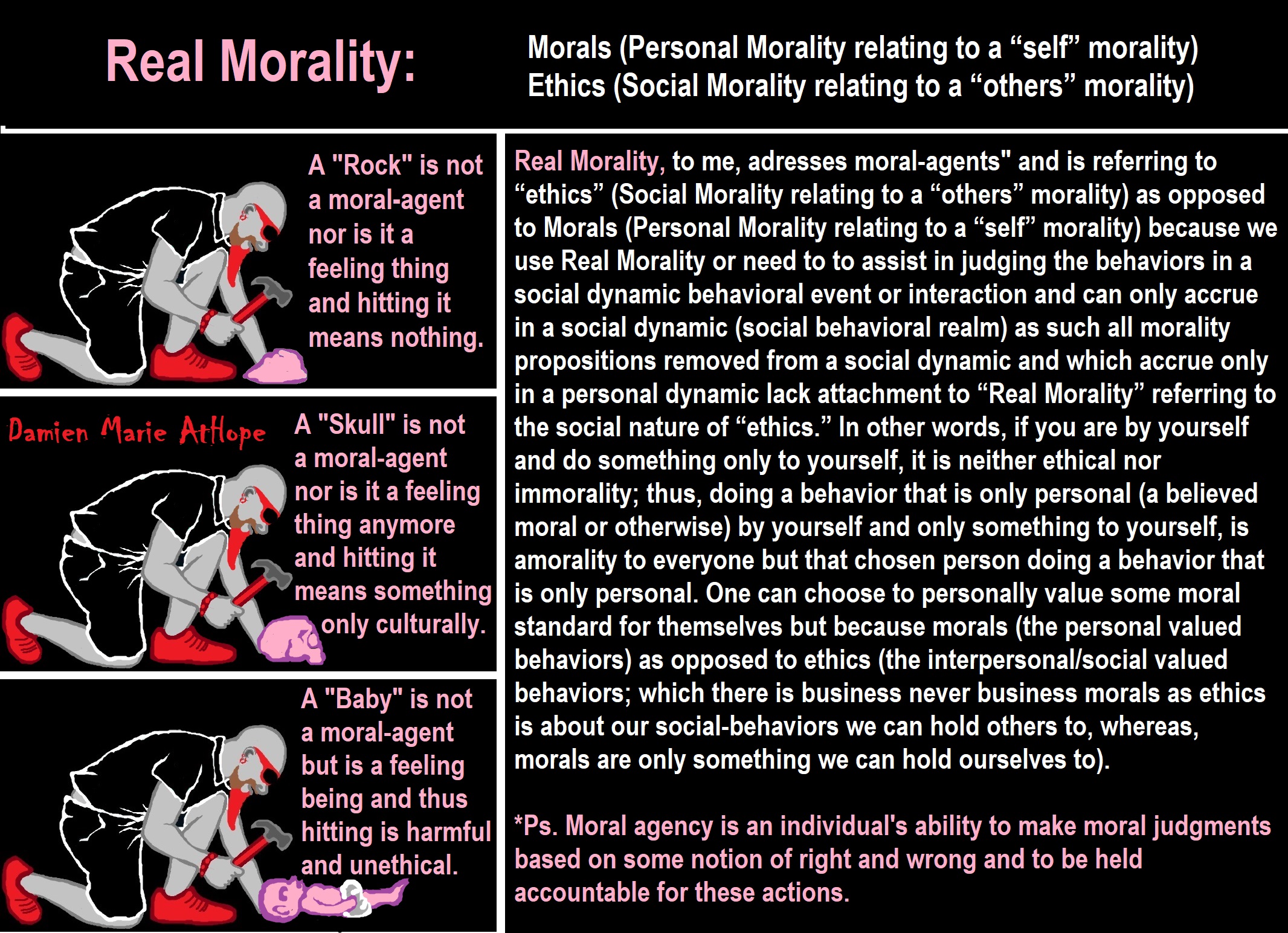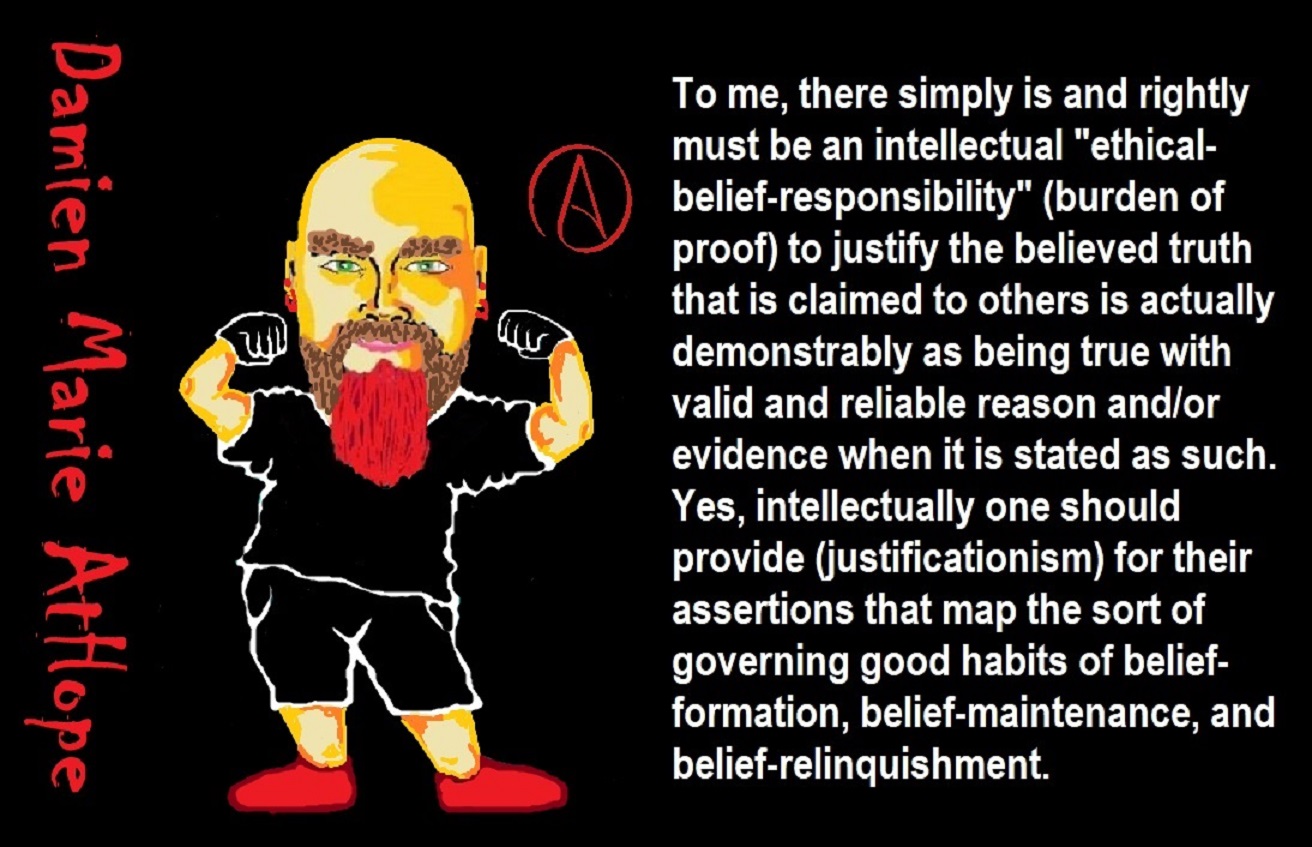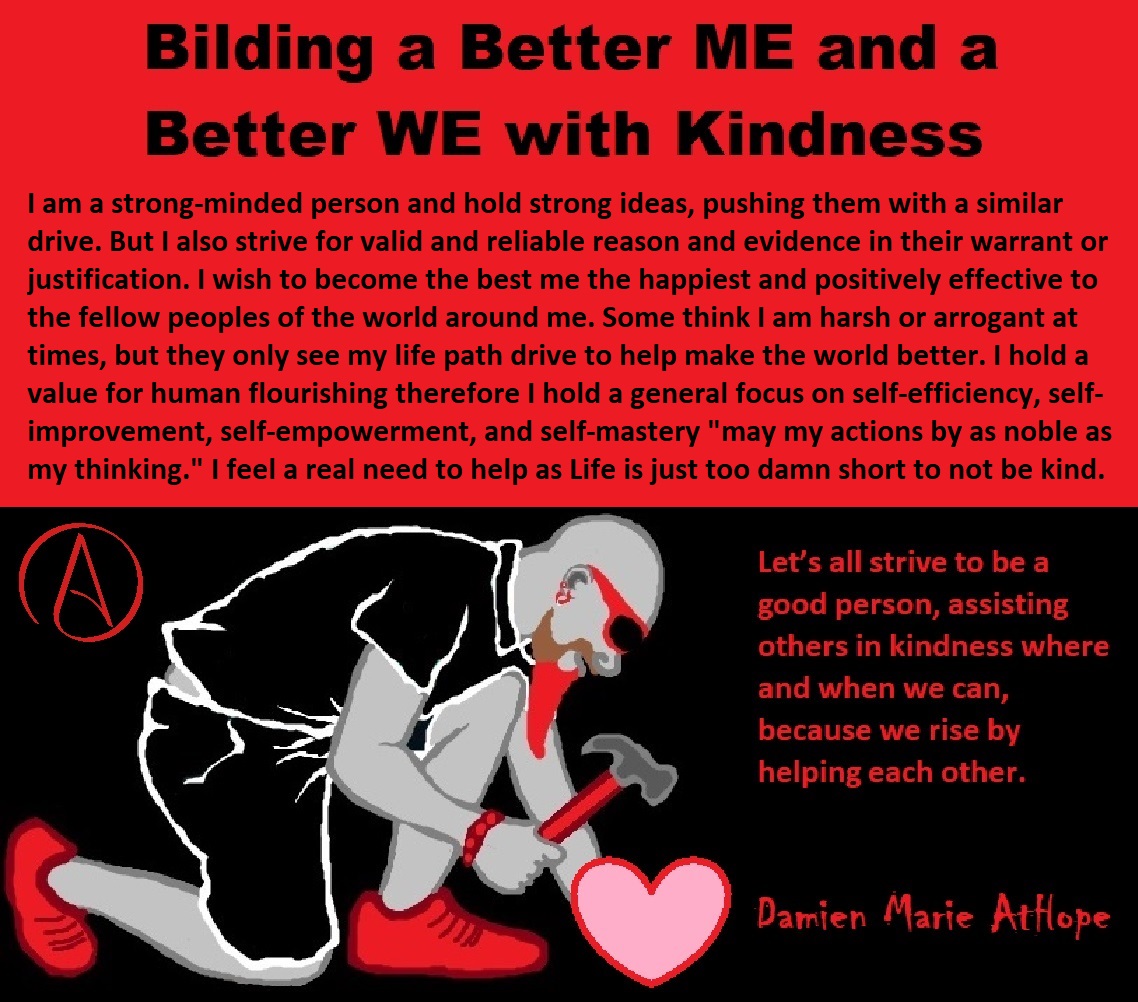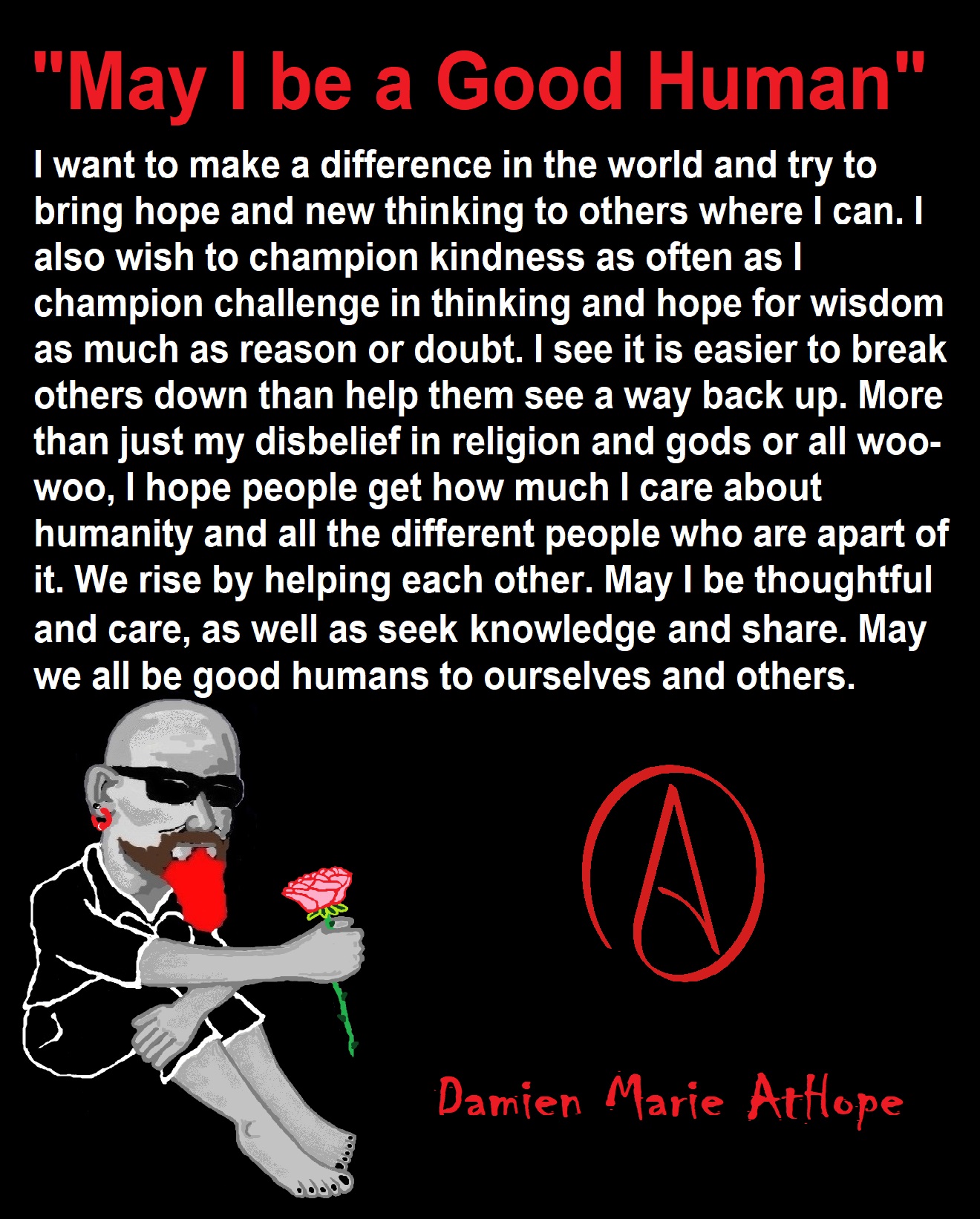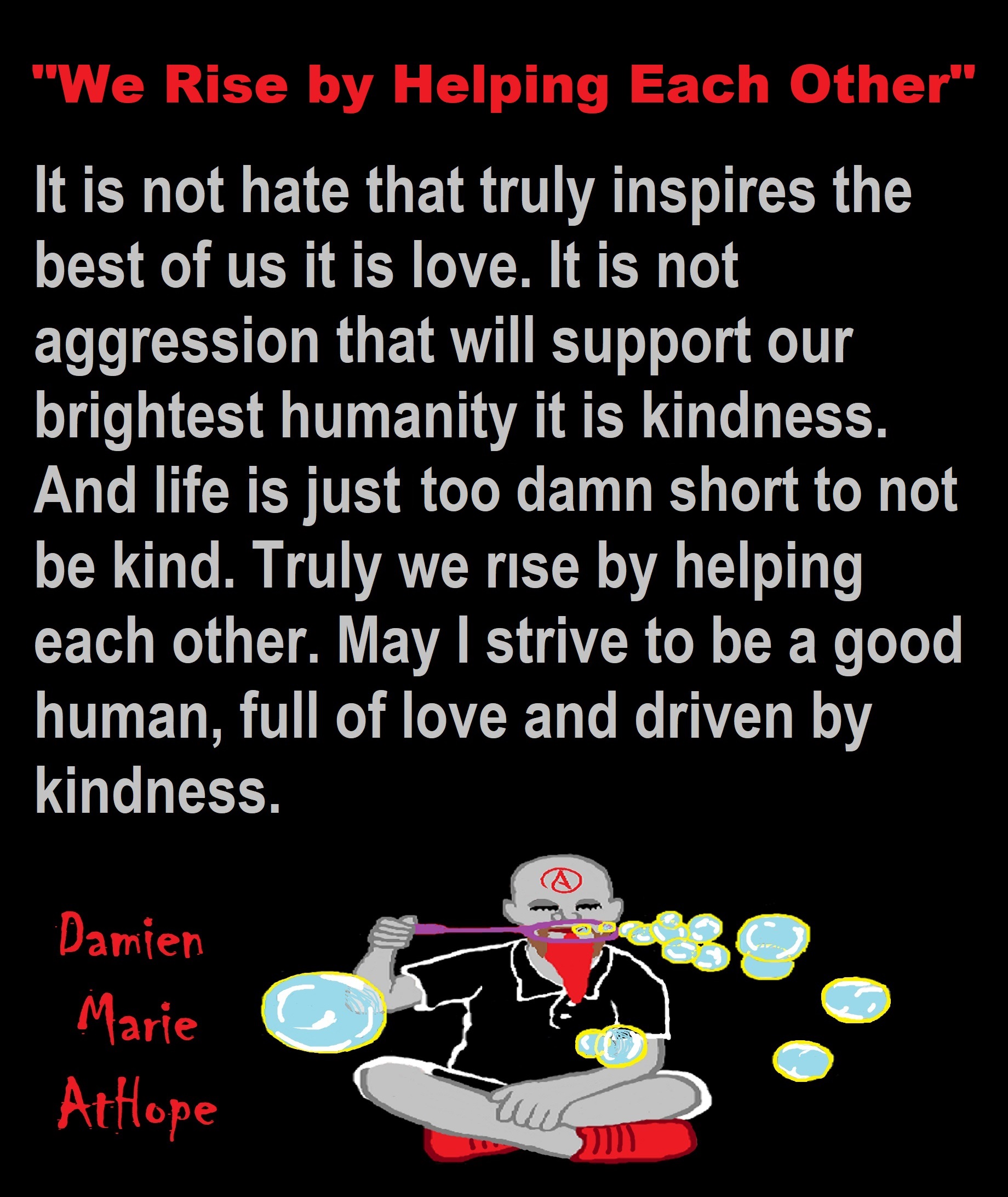When I was young, I valued and longed for power, as I developed I saw the power in knowledge and longed for development of intelligence. Now that I have gained knowledge, I see with the value of wisdom and it is me that has developed for I understand that my greatest power is kindness.
It is axiology thinking that truly helps in “is–ought” because the “is” was supposedly established by logic/rationalism and empiricism, these are both internal and external or said differently there represent “Reason and Evidence” and this is not a closed system, neither is confirming an “ought.”
Positive Humanism
We Rise by Helping Each Other
In a sense, the reason we must work together is to strive for universal betterment and human flourishing because we are emotional beings with a social animal nature holding need for dignity and support. And, so motivated it is not hard to see we are all alone bodies in the world, just wanting some comfort and safety and in this, we rise by helping each other.
Reject the Weakness of Anger and Open to the Strength of Kindness.
I wish to be more than the weakness of anger and instead with open arms of love welcome and support kindness as a way of life, not just a thing I do if convent. To me, it is almost never deserved rather it’s a gift. How beautiful is kindness not earned? Well, in my personal case at 17 when a thoughtful person showed me undeserved kindness and in my case it was life-changing. This kindness gift as often as I can as people matter. I wish to add value to the world and send out kindness to the world wishing to promote human flourishing as much as I can and we flourish best in acceptance, understanding, and support, may I be a good human I would be proud to be inspired by. I am wise realizing the wisest thing I have ever done was be kind, even though for me it has been so hard and I am proud to say I am a good human who strives to be kind.
May I be a kindness aficionado…
Even when I am debating people who are aggressive, I don’t generally wish to be aggressive back not for them but for the person I want to be. I do sometimes fail at this as I am not always as great at emotional intelligence as I would like to be. Ideally, I would be stoic but I am a hot head and that is something I am constantly striving for as I don’t want to abuse others even with words. I don’t try to make others look bad. I want to help others. I am intelligent and could be mean but I am also very thoughtful as well as open by nature, I also strive to be wise. Thus, I wish to be kind to others as much as I can, even those who are unkind to me, as I wish to be such a bright light of kindness that it can change lives and that is so valuable to me. I don’t want to be their leader I wish to inspire them to be their own leader and thus, I see I must assist others not to attack others.
Kindness is not some act I try to do, it is a way of life I strive to follow. Similarly to how one’s character is not in a single thing done but a reflection of who one is. Just like one’s value is more in whom they are as a whole than only limited to a single event or expression. I once thought no one is friendly, so I decided to be a friend. No one seemed to care, so I realize I needed to care. No one made you feel as if you mattered, so I started valuing others. I see the world I wish to live in starts with me.
Kindness, you are my friend, how I long for your embrace, the gentleness of your touch and the beauty of your face. Kindness my breath of hope made anew, how I am inspired by you and flourish under your gaze. Kindness my teacher of compassion, my path in life, how I desire to be like you, by your caring I was made into you. Kindness my sturdy tower, my reprieve in life in the final hour.
Sometimes a heart of kindness is all I have,
my only weapon to fight for the humanity in a world which is seemly intent on harm.
“Damien, how can you be so nice and kind?” – Questioner
My response, It is very hard indeed but it also shows high character and is to me, an act of courage to be kind in an unkind world. But I am not this world, I aspire to much greater higher-heights. I reject this worlds unkindness. I fight for what is true, helpful, good and right. All themes needed for universal betterment and human flourishing. I fight for people not against them. I wish to be a friend to the world, as you can better persuade people with an open hand then angry words. I appeal to their reason as a helpful counselor, mentor, or teacher that would see their possible frustration as a thing in them, not truly a thing meant for me. I know we cannot change things with more of the same. Rather, we must be the hope and changes so profound that t is like we are no longer holding a reality position of the strife before us. This is because we have the skill to aid others, the gift of human kindness as with that we are the most effective. And to me, kindness is invaluable. I just never stop seeing others as equal dignity beings. We rise by helping each other.
“Damien, in My atheist videos, I can’t do the kind thing I watch you do in every video, which is, I never see anger from you. How can you do it?” – Questioner
My Response, I think of my goal which to help others and doing that I can better control my feelings. I do get angry often but I strive to not express that in my behavior. I wish to be a friend to the world. It has been a life’s work, years of counseling and self-improvement. I now see the value of kindness.
I am a high thinking primate, just trying to live an honorable life, being of service to others, and I wish as a life’s mission to be a kindness aficionado. And, I like to contemplate humans, humanity, and human flourishing.
My core definition of Humanism is that humans can solve human problems by human means. I am not saying other things can’t or shouldn’t be added to it but to me, a definition of humanism must always contain something coherent to such a thinking or not contradict such as I have offered. Thus, why it is appropriate to say “good without god” when one is a humanist.
Power, Knowledge, and Kindness
When I was young, I valued and longed for power, as I developed I saw the power in knowledge and longed for development of intelligence.
Now that I have gained knowledge, I see with the value of wisdom and it is me that has developed for I understand that my greatest power is kindness.
Positive Psychology & Science of Happiness – 7 Habits of Happy People
Martin Seligman: The new era of positive psychology | TED Talk
International Positive Psychology Association
Martin E. P. “Marty” Seligman born August 12, 1942, is an American psychologist, educator, and author of self-help books. Since the late 1990s, Seligman has been an avid promoter within the scientific community for the field of positive psychology. His theory of learned helplessness is popular among scientific and clinical psychologists. A Review of General Psychology survey, published in 2002, ranked Seligman as the 31st most cited psychologist of the 20th century. Seligman is the Zellerbach Family Professor of Psychology in the University of Pennsylvania‘s Department of Psychology. He was previously the Director of the Clinical Training Program in the department, and earlier taught at Cornell University. He is the director of the university’s Positive Psychology Center. Seligman was elected President of the American Psychological Association for 1998. He is the founding editor-in-chief of Prevention and Treatment (the APA electronic journal) and is on the board of advisers of Parents magazine. Seligman has written about positive psychology topics in books such as The Optimistic Child, Child’s Play, Learned Optimism, Authentic Happiness and Flourish. His most recent book, The Hope Circuit: A Psychologist’s Journey from Helplessness to Optimism, was published in 2018. Research has found that a human’s reaction to feeling a lack of control differs both between individuals and between situations. i.e. learned helplessness sometimes remains specific to one situation but at other times generalizes across situations. Such variations are not explained by the original theory of learned helplessness, and an influential view is that such variations depend on an individual’s attributional or explanatory style. According to this view, how someone interprets or explains adverse events affects their likelihood of acquiring learned helplessness and subsequent depression. For example, people with pessimistic explanatory style tend to see negative events as permanent (“it will never change”), personal (“it’s my fault”), and pervasive (“I can’t do anything correctly”), are likely to suffer from learned helplessness and depression. Such people can often be helped to learn a more realistic explanatory style by cognitive behavioral therapy, a therapy heavily endorsed by Seligman. Research has shown that increased 5-HT (serotonin) activity in the dorsal raphe nucleus plays a critical role in learned helplessness. Other key brain regions that are involved with the expression of helpless behavior include the basolateral amygdala, central nucleus of the amygdala and bed nucleus of the stria terminalis. Activity in the medial prefrontal cortex, dorsal hippocampus, septum, and hypothalamus has also been observed during states of helplessness. In the article, “Exercise, Learned Helplessness, and the Stress-Resistant Brain”, Benjamin N. Greenwood and Monika Fleshner discuss how exercise might prevent stress-related disorders such as anxiety and depression. They show evidence that running wheel exercise prevents learned helplessness behaviors in rats. They suggest that the amount of exercise may not be as important as simply exercising at all. The article also discusses the neurocircuitry of learned helplessness, the role of serotonin (or 5-HT), and the exercise-associated neural adaptations that may contribute to the stress-resistant brain. However, the authors finally conclude that “The underlying neurobiological mechanisms of this effect, however, remain unknown. Identifying the mechanisms by which exercise prevents learned helplessness could shed light on the complex neurobiology of depression and anxiety and potentially lead to novel strategies for the prevention of stress-related mood disorders”. Cognitive scientist and usability engineer Donald Norman used learned helplessness to explain why people blame themselves when they have a difficult time using simple objects in their environment. The US sociologist Harrison White has suggested in his book Identity and Control that the notion of learned helplessness can be extended beyond psychology into the realm of social action. When a culture or political identity fails to achieve desired goals, perceptions of collective ability suffer. ref, ref
Positive psychology is the scientific study of the strengths that enable individuals and communities to thrive. The field is founded on the belief that people want to lead meaningful and fulfilling lives, to cultivate what is best within themselves, and to enhance their experiences of love, work, and play. Positive psychology is the study of happiness. Psychology has traditionally focused on dysfunction—people with mental illness or other psychological problems—and how to treat it. Positive psychology, in contrast, is a relatively new field that examines how ordinary people can become happier and more fulfilled. ref
The Definition of Positive Psychology
Positive psychology is a science of positive aspects of human life, such as happiness, well-being and flourishing. It can be summarised in the words of its founder, Martin Seligman, as the
‘scientific study of optimal human functioning [that] aims to discover and promote the factors that allow individuals and communities to thrive’.
Psychology has more often than not emphasized the shortcomings of individuals as compared with their potentials. This particular approach focuses on the potentials. It is not targeted at fixing problems but is focused on researching things that make life worth living instead. In short, positive psychology is concerned not with how to transform, for example, -8 to -2 but with how to bring +2 to +8. This orientation in psychology was established about ten years ago and it is a rapidly developing field. Its aspiration is to bring solid empirical research into areas such as well-being, flow, personal strengths, wisdom, creativity, psychological health and characteristics of positive groups and institutions. The map on the next page shows the topics of interest for positive psychologists. This map is not, by any means, exhaustive, but it provides a good overview of the field. You can find more mind maps of Positive Psychology on this link. The science of positive psychology operates on three different levels – the subjective level, the individual level and the group level.
- The subjective level includes the study of positive experiences such as joy, well-being, satisfaction, contentment, happiness, optimism and flow. This level is about feeling good, rather than doing good or being a good person.
- At the next level, the aim is to identify the constituents of the ‘good life’ and the personal qualities that are necessary for being a ‘good person’, through studying human strengths and virtues, future-mindedness, capacity for love, courage, perseverance, forgiveness, originality, wisdom, interpersonal skills and giftedness.
- Finally, at the group or community level, the emphasis is on civic virtues, social responsibilities, nurturance, altruism, civility, tolerance, work ethics, positive institutions and other factors that contribute to the development of citizenship and communities.
According to positive psychologists, for most of its life mainstream psychology (sometimes also referred to as ‘psychology as usual’) has been concerned with the negative aspects of human life. There have been pockets of interest in topics such as creativity, optimism, and wisdom, but these have not been united by any grand theory or a broad, overarching framework. This rather negative state of affairs was not the original intention of the first psychologists but came about through a historical accident. Prior to the Second World War, psychology had three tasks, which were to:
- cure mental illness,
- improve normal lives and
- identify and nurture high talent
However, after the war the last two tasks somehow got lost, leaving the field to concentrate predominantly on the first one. How did that happen? Given that psychology as a science depends heavily on the funding of governmental bodies, it is not hard to guess what happened to the resources after World War II. Understandably, facing a human crisis on such an enormous scale, all available resources were poured into learning about and the treatment of psychological illness and psychopathology. This is how psychology as a field learnt to operate within a disease model. This model has proven very useful. Martin Seligman highlights the victories of the disease model, which are, for example, that 14 previously incurable mental illnesses (such as depression, personality disorder, or anxiety attacks) can now be successfully treated. However, the costs of adopting this disease model included the negative view of psychologists as ‘victimologists’ and ‘pathologisers’, the failure to address the improvement of normal lives and the identification and nurturance of high talent. Just to illustrate, if you were to say to your friends that you were going to see a psychologist, what is the most likely response that you would get? ‘What’s wrong with you?’. How likely are you to hear something along the lines of: ‘Great! Are you planning to concentrate on self-improvement?’. ref
What is Positive Psychology & Why is it Important?
Happiness 101 – The New York Times
What Is Positive Psychology, and What Is It Not?: Link
A new book by William Damon and Anne Colby – The Power of Ideals: The Real Story of Moral Choice – explores the nature and uses of authentic humility, along with other essential virtues that support a fulfilling moral life.
See a fun and informative educational quiz to illustrate their book’s vision of what authentic humility looks like in real life, at the following link: Humility-Quiz
Humanism is a philosophical and ethical stance that emphasizes the value and agency of human beings, individually and collectively, and generally prefers critical thinking and evidence (rationalism, empiricism) over established doctrine or faith (fideism). The meaning of the term humanism has fluctuated, according to the successive intellectual movements which have identified with it. Generally, however, humanism refers to a perspective that affirms some notion of human freedom and progress. In modern times, humanist movements are typically aligned with secularism, and today “Humanism” typically refers to a non-theistic life stance centered on human agency and looking to science instead of religious dogma in order to understand the world. ref
Can Positive Thinking Be Negative? – Scientific American
Positive Psychology Builds Character Strengths: Take Free VIA Survey
According to Fred Edwords at the American Humanist Association
The sort of answer you get to the question “What is humanism?” depends on the sort of humanist you ask! The word “humanism” has a number of meanings. And because authors and speakers often don’t clarify which meaning they intend, those trying to explain humanism can easily become a source of confusion. Fortunately, each meaning of the word constitutes a different type of humanism—the different types being easily separated and defined by the use of appropriate adjectives. So it is relatively easy to summarize the varieties of humanism in this way. Read more at: – American Humanist Association
Fred Edwords, born 1948, in San Diego, California, is a longtime agnostic or ignostic humanist leader in Washington DC.
Let’s Discuss Humanism: Link
- Talking with Jennifer (Shaw) Hancock (Humanist Educator) on Humanism, Atheism, Beliefs, and Morality
- What Inspires My Anarcho-Humanism?
- I am an Axiological Atheist, with a Rationalist Persuasion, who Supports Anarcho-Humanism
- My Atheistic (socialist-anarchist) Humanism?
- Anarcho-Humanism
- Skepticism and or Rationalism Leads to Humanism and Atheism?
- Easy Definition of Humanism?
- Confusions in Atheism and Humanism
- Atheistic Humanism?
- Categories and Versions of Humanism
- Let’s Discuss Humanism
- Positive Humanism
Philosophy should not be your master my friend; it should be your slave.
I will no longer bow to an abstract not fall victim to the confusion that misses the Ontology that we are the body fully alive with every breath a self-evident absolute truth so profound it is before reason it’s the existential awareness of self-emotional aware even before any other way of awareness it is at such a core beginning we simply forward to start there confused about it or not reason or anything else that is a thinking abstraction. Hear me; we are aware before the abstraction; we are a body feeling all that is around, fully realized when one understands that there is no aware undamaged human mind that is not emoting. This includes before, during, and after you believe you are doing reason. And this also brings up the ontological or qualities of reason. Reason is a high thinking primate mental style or process to add accuracy, we learn, well most of us try to learn how to further develop our reason, the thinking strategy to not simply have a goal of accuracy it can be so developed that its use, skilled mastery is not simply finding external truth to belief accuracy one is also achieving an inward self-mastery, not over emotion as if it was reason’s enemy. No, emotion is a vitality needed part proven in brain damage studies. Reason and emotion are friends, more accurately we are emotional feeling beings that with emotional intelligence construct thinking methodologies to improve our accuracy or we should. Some people think you are trapped in you’re behavior. But take for instance I strive to be kind now even think I do a good job, generally. However, I was not always this way. I was extremely abused as a child (mainly before 13 years old by my father), and it made me suffer from mental health issues I can still battle today. I once was quite different from how you view me today, this change is after at least 20 years of on and off counseling services. One of the reasons I am good at understanding caring is much of my childhood lacked it. One of the reasons I am good at understanding kindness is I have had little in my life. One of the reasons I am good at understanding hope is I felt little of it most of my life. I don’t just blindly theorize such things, I have lived the lack of them. This upfront view has shown me a lot, demonstrating in living color of my own experiences just how important they are and why I must further their support, firstly in my actions rather than just some call for action of others alone. Kindness used to be against my nature as a high functioning sociopath (some likely genetic most helped by my suffering abuse), but through reason, I am changed into something more than me, not a victim of my nature, I am better than merely my nature. Do all you can to help others as people matter and don’t forget you are one of the most valuable of those people that need your best too. It’s amazing how one can allow themselves to treat themselves in ways others than they would do to someone they cared about but we should be friends to ourselves first then spread such care out to the world hopefully inspiring others to do the same. I can’t stand the harmful ways of the world. Be the best you can I do all I can. One is hardly ever shown the door to glory getting the rewards due, good thing I am a bit thug by nature. So, I will fucking break into the closed minds, even though they wish to keep me out and want to deny my thinking truths, to keep me out, but I am not stopping my intrusive flow as you have already seen the undeniable truths in my wisdom you so wish to dent as much as you try. I have an ego like the lights above, and yet you feel my mental flames as the fire spits from every word you mental earworm one word and past your defenses I grow. You see the need for change, her that truth call out loud and don’t let a word pass gold one to try as a character like Ebenezer Scrooge which need change free your own bran as I can’t stand likes pushed as truths and the similar harmful ways of the world so I fight with all I can. Be the best you can I do all I can. I may be a champion of rationality but this is not all I am. I live by my heart but I also follow the valid and reliable reason as well as the evidence available. And strive to preposition any belief to them. This is true that even if I could affirm I was completely in error. I will let that belief go or updated as required because I am a truth seeker. I wish to be a friend to the world. I offer myself, all I have, hoping to do all I can. Often kindness is a gift, an act of love, honoring the valued dignity of others. Eyes of hate will always find a victim, whereas eyes of love may always find a friend. One cannot simply demand respect for their character, instead, it requires that one must demonstrate it’s virtue. Even if one has a mind of a worrier but not the heart of kindness, still must learn what is worth fighting for. Love as ones thinking strategy is a feeling that can motivate a generosity of spirit which then compel my kindness. I am a thinking rule breaker, I am a deep question risk taker, I am a mental freedom firestarter, and I am a mental riot maker.
I am about sick with mean people, every time, remembering the real need there is in the world to be kind. May I always want or feel a need to give others kindness May I always choose kindness over meanness when I interact with people. Life is just too damn short to not be kind. Would it make any difference how you treated others was really dependent on how empathizing you can be with them as well as how much emotional intelligence can you muster or demonstrate? What if you knew that a person was going to die in an hour would you feel more compelled to be kinder almost no matter what? I would like to think I always would. I know for some this is too extreme, but think about it like I do and you may just start to see the reason life’s just too damn short to not be kind. A main goal of mine in this life is to first not forget to enjoy it but secondly, is strive to make the world a little bit better because I was alive. We can make a big difference with little actions. May we all be good humans with love and kindness, some of life’s true feelings of happiness.
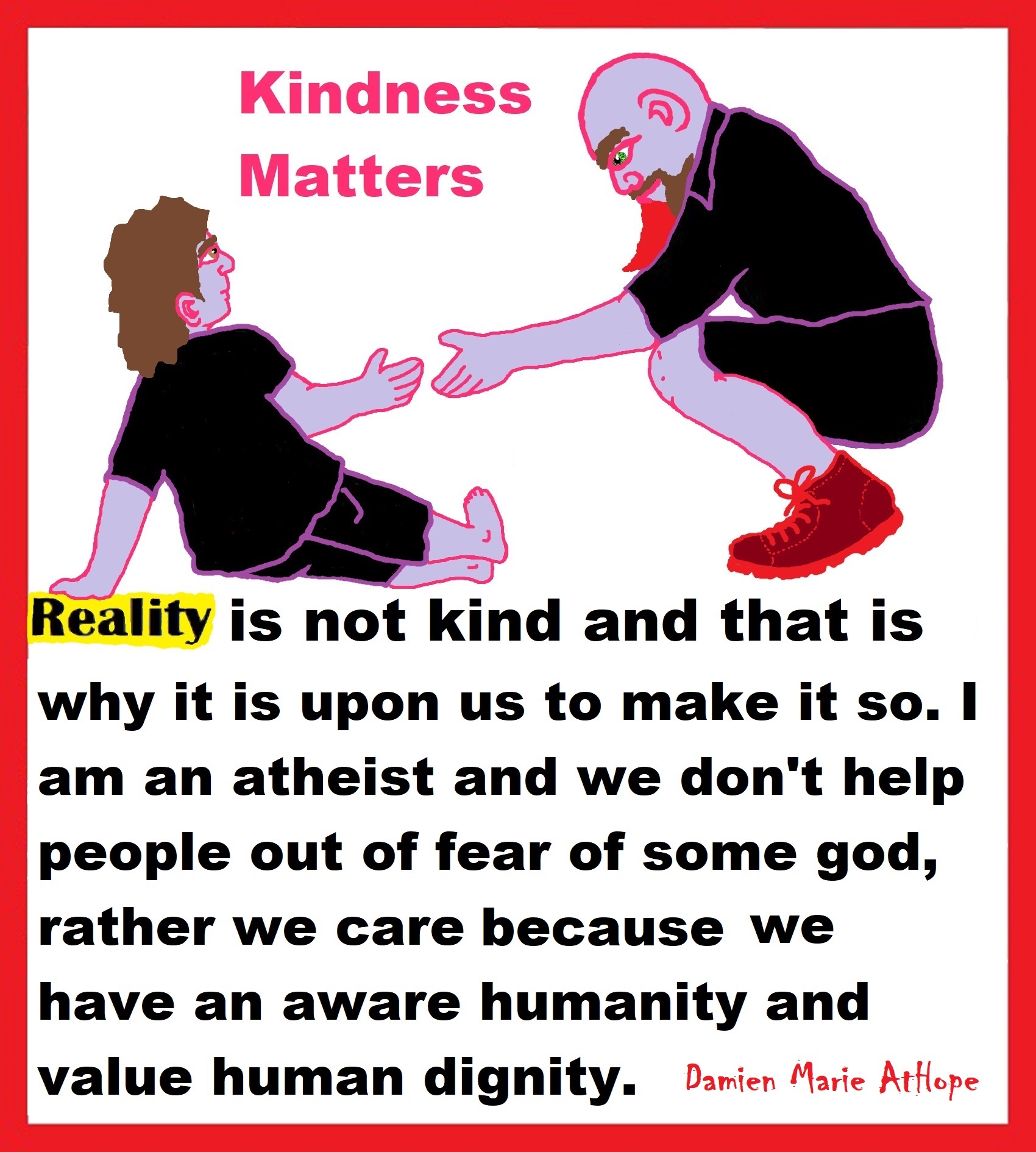
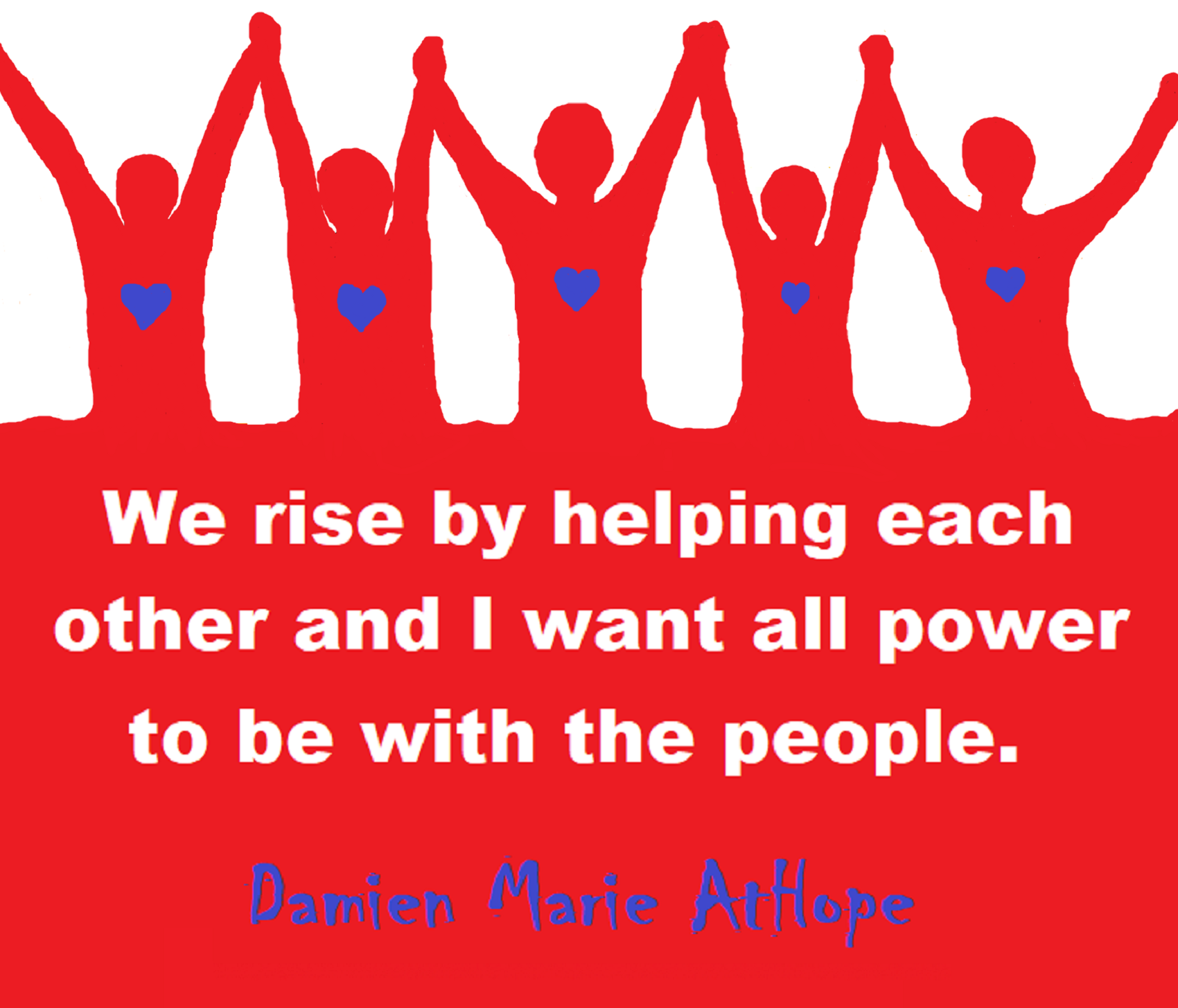
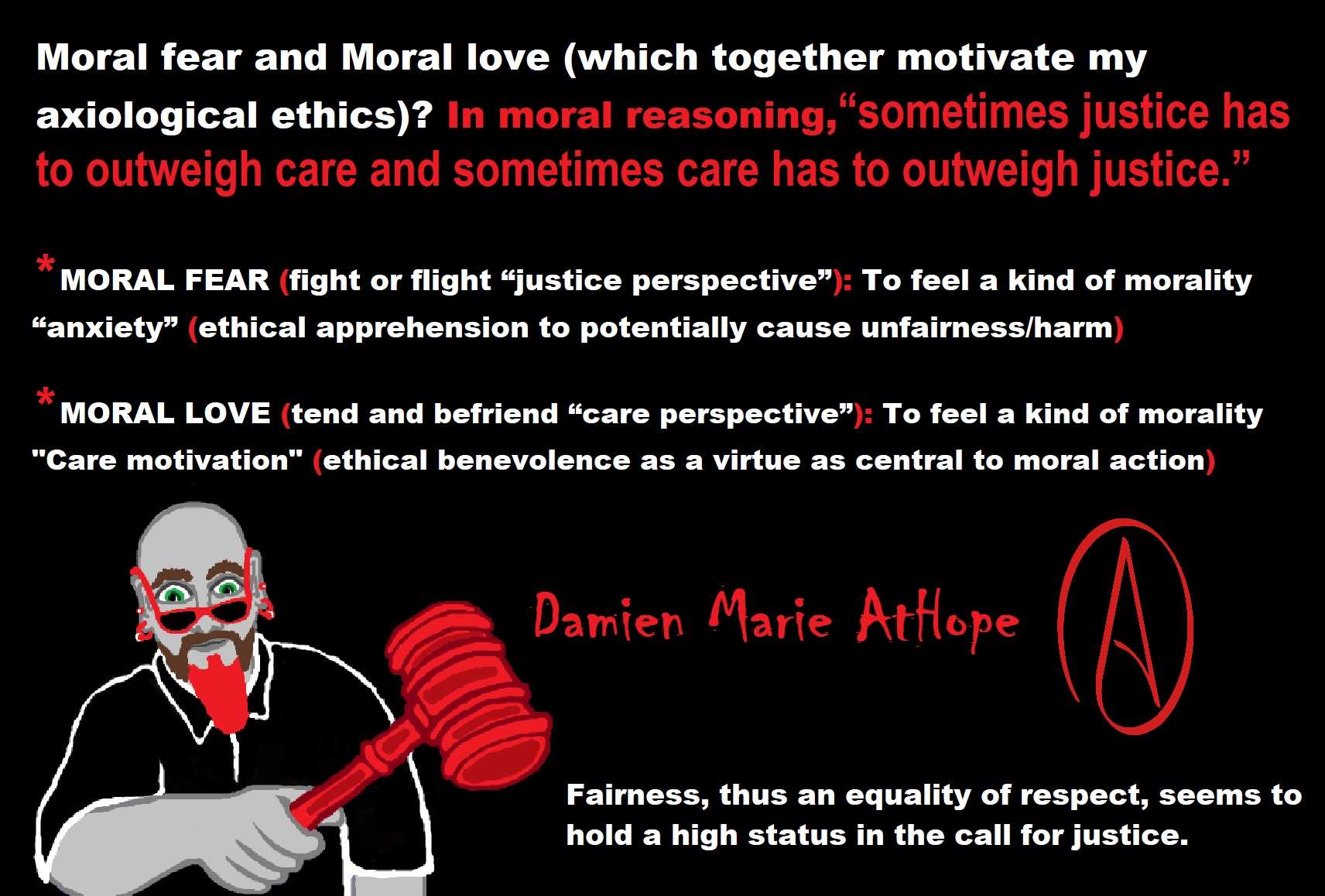
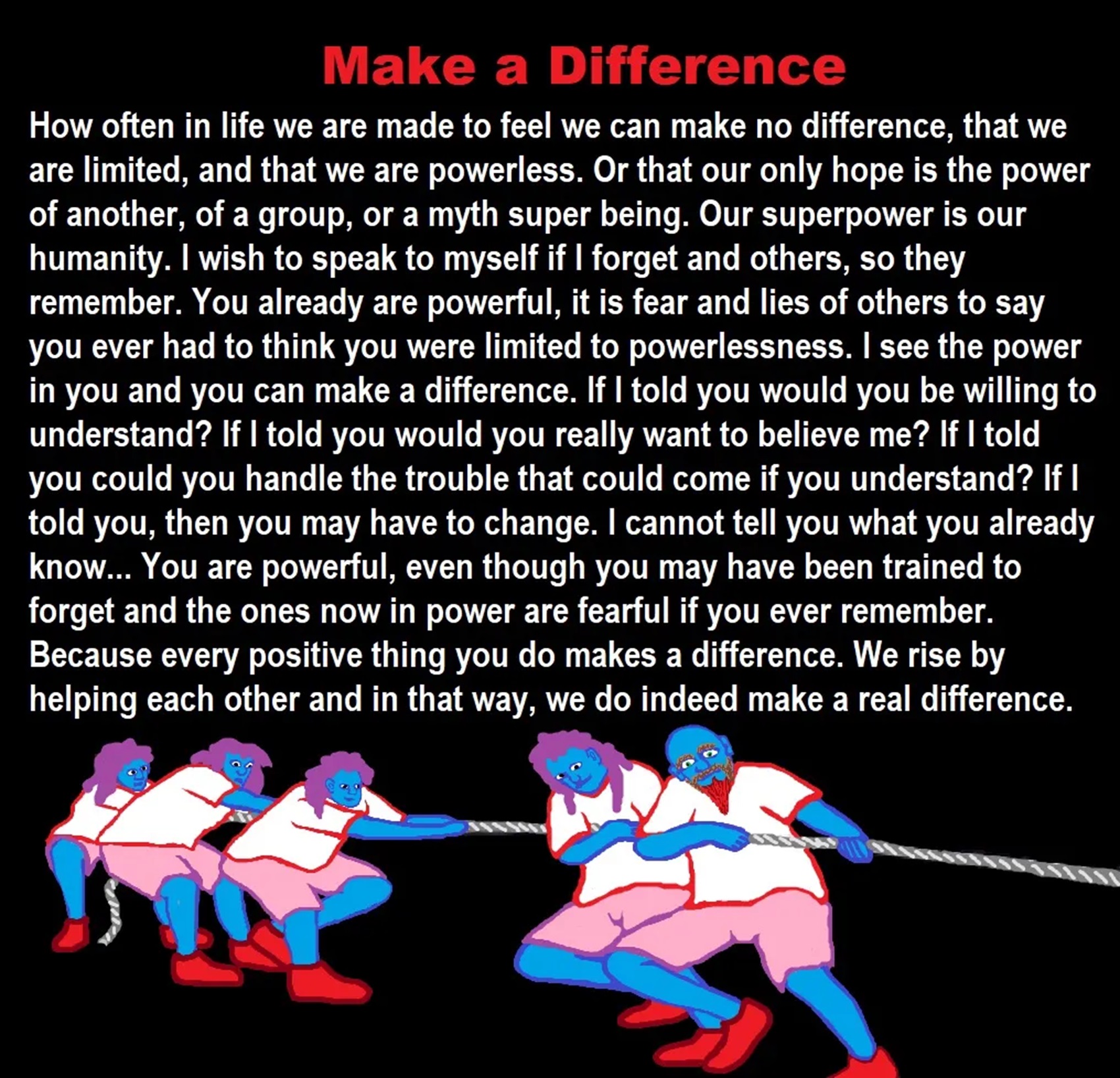
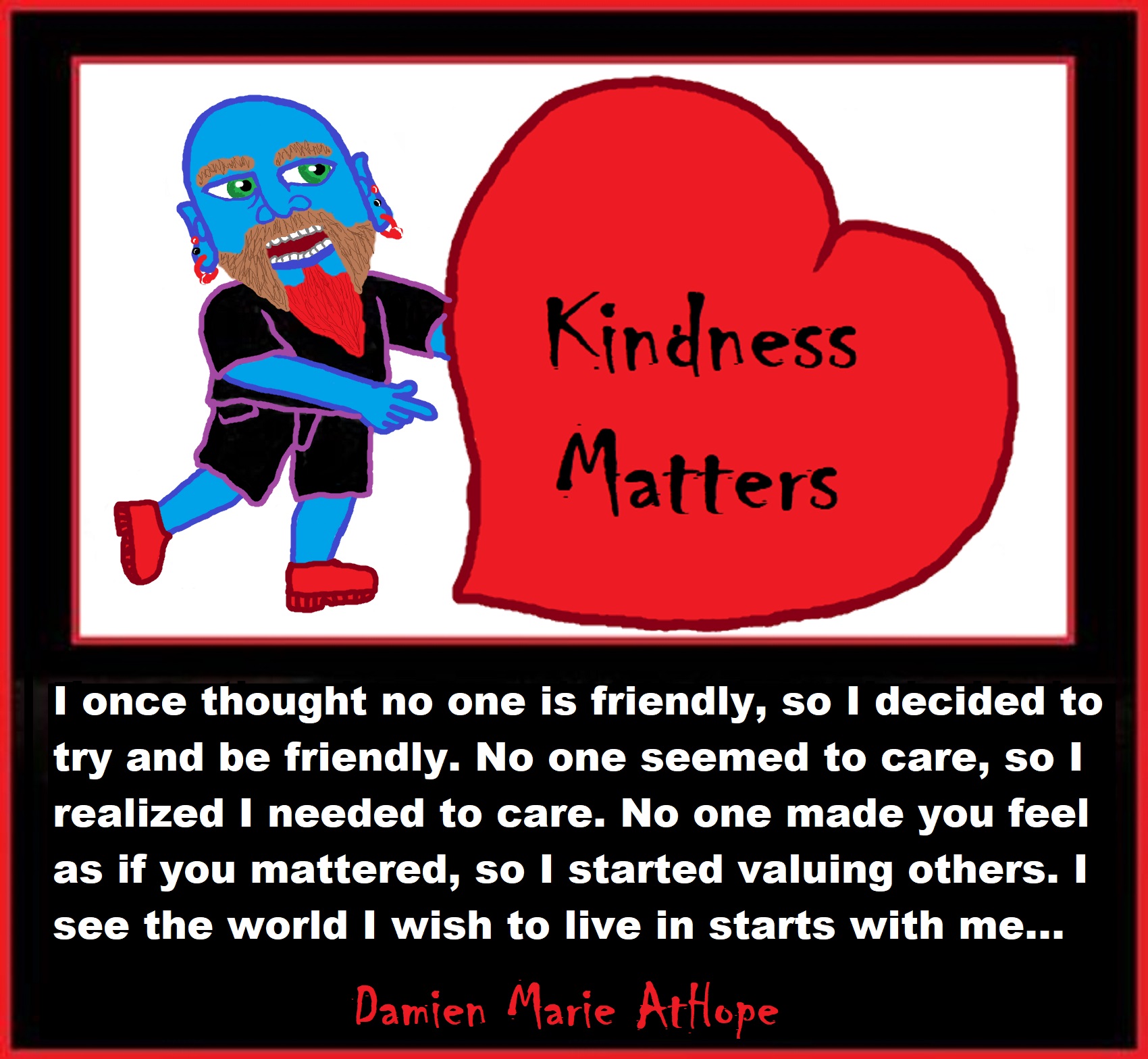
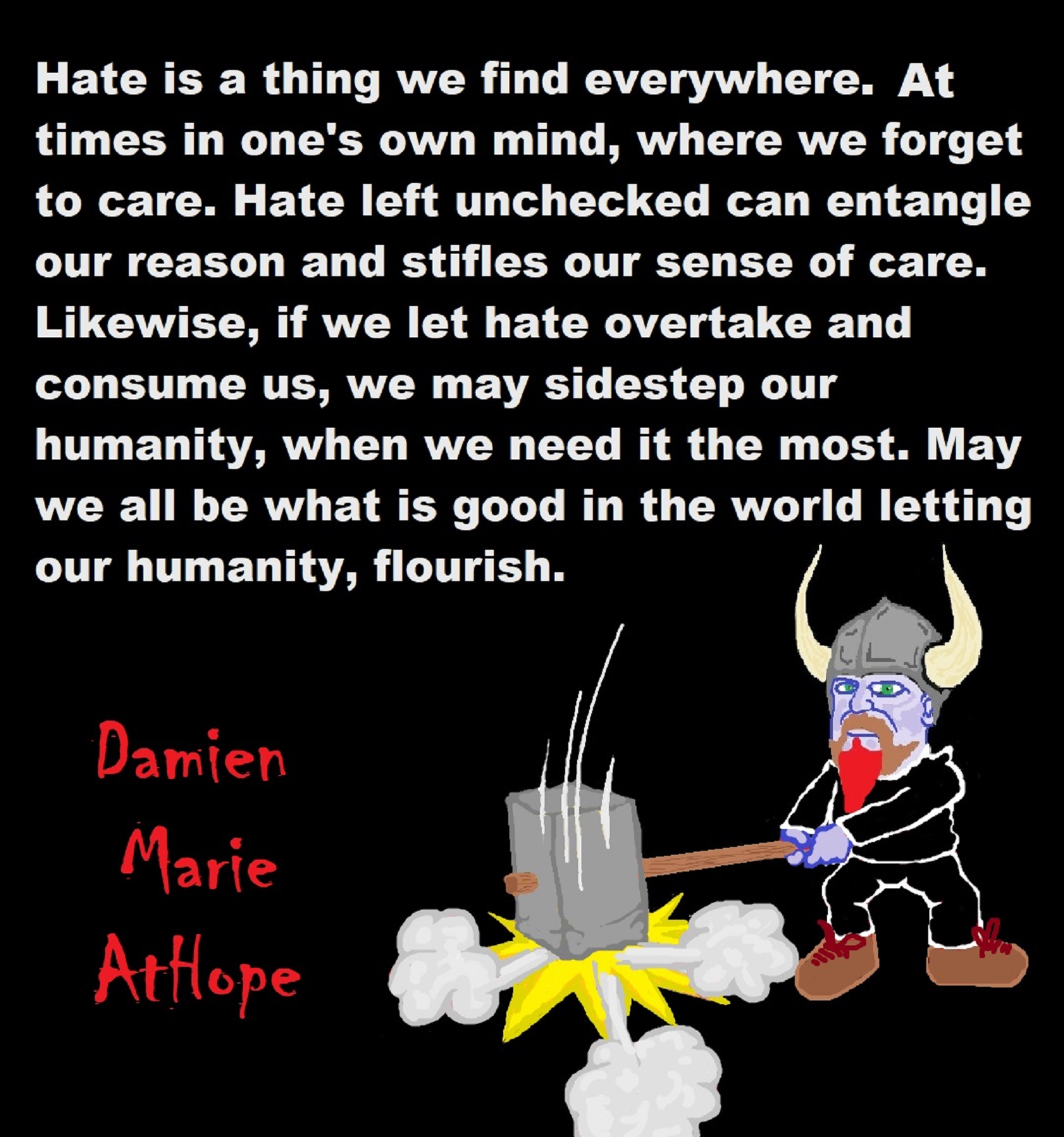
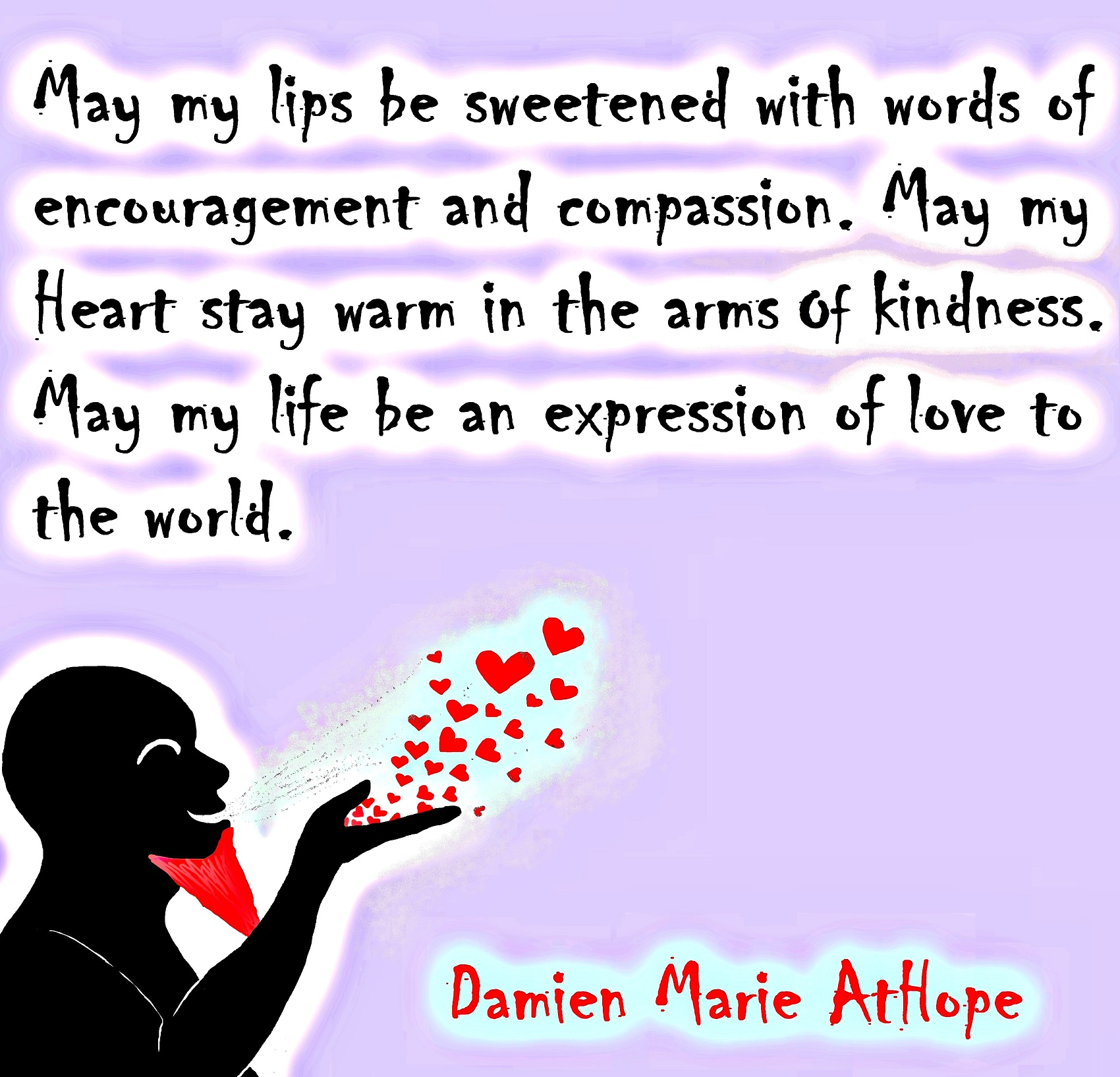


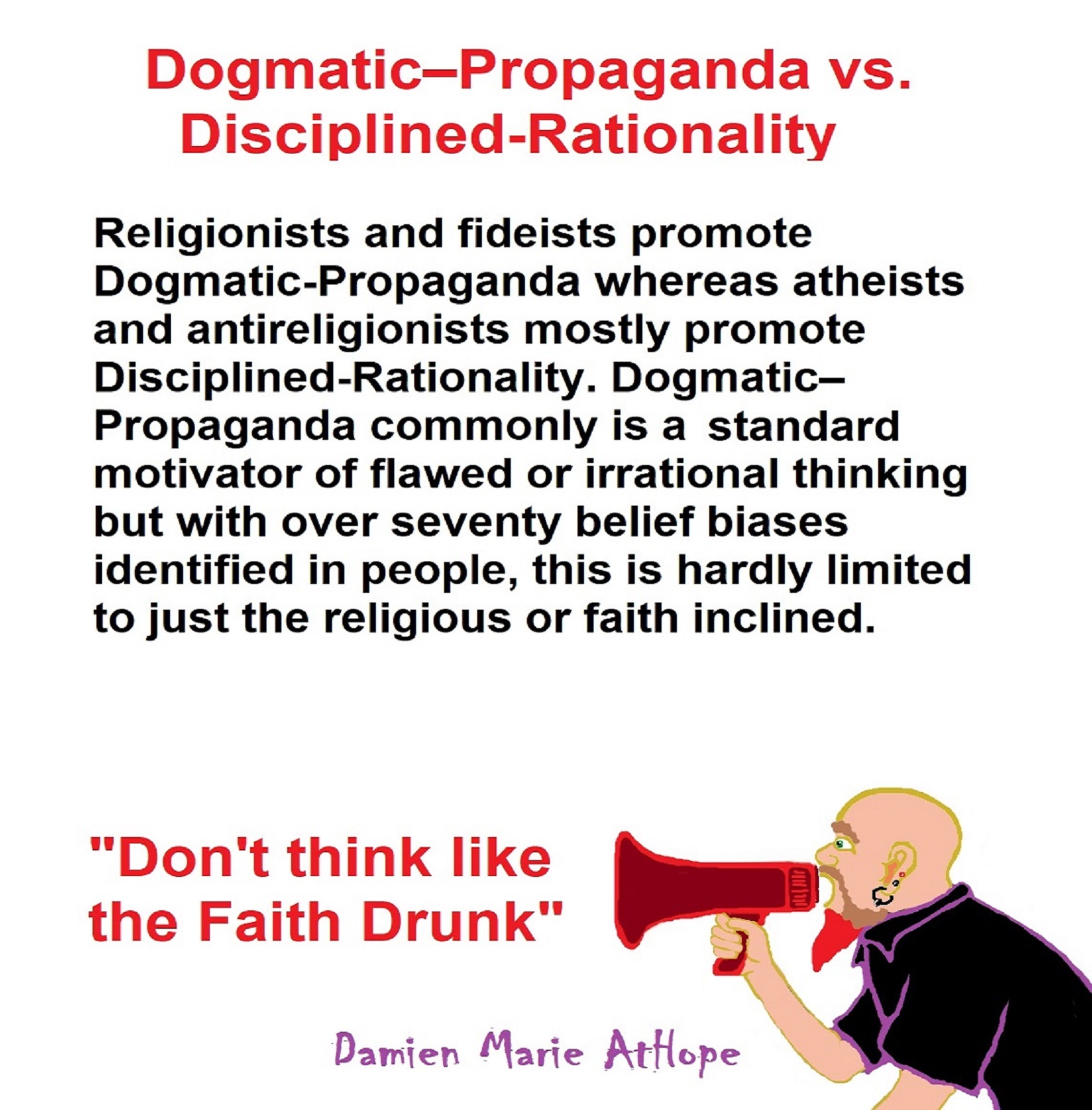

“Theists, there has to be a god, as something can not come from nothing.”
Well, thus something (unknown) happened and then there was something. This does not tell us what the something that may have been involved with something coming from nothing. A supposed first cause, thus something (unknown) happened and then there was something is not an open invitation to claim it as known, neither is it justified to call or label such an unknown as anything, especially an unsubstantiated magical thinking belief born of mythology and religious storytelling.

While hallucinogens are associated with shamanism, it is alcohol that is associated with paganism.
The Atheist-Humanist-Leftist Revolutionaries Shows in the prehistory series:
Show two: Pre-animism 300,000 years old and animism 100,000 years old: related to “Anarchism and Socialism”
Show tree: Totemism 50,000 years old: related to “Anarchism and Socialism”
Show four: Shamanism 30,000 years old: related to “Anarchism and Socialism”
Show five: Paganism 12,000 years old: related to “Anarchism and Socialism”
Show six: Emergence of hierarchy, sexism, slavery, and the new male god dominance: Paganism 7,000-5,000 years old: related to “Anarchism and Socialism” (Capitalism) (World War 0) Elite and their slaves!
Prehistory: related to “Anarchism and Socialism” the division of labor, power, rights, and recourses: VIDEO
Pre-animism 300,000 years old and animism 100,000 years old: related to “Anarchism and Socialism”: VIDEO
Totemism 50,000 years old: related to “Anarchism and Socialism”: VIDEO
Shamanism 30,000 years old: related to “Anarchism and Socialism”: VIDEO
Paganism 12,000 years old: related to “Anarchism and Socialism” (Pre-Capitalism): VIDEO
Paganism 7,000-5,000 years old: related to “Anarchism and Socialism” (Capitalism) (World War 0) Elite and their slaves: VIEDO
Paganism 5,000 years old: progressed organized religion and the state: related to “Anarchism and Socialism” (Kings and the Rise of the State): VIEDO
Paganism 4,000 years old: related to “Anarchism and Socialism” (First Moralistic gods, then the Origin time of Monotheism): VIEDO
I do not hate simply because I challenge and expose myths or lies any more than others being thought of as loving simply because of the protection and hiding from challenge their favored myths or lies.
The truth is best championed in the sunlight of challenge.
An archaeologist once said to me “Damien religion and culture are very different”
My response, So are you saying that was always that way, such as would you say Native Americans’ cultures are separate from their religions? And do you think it always was the way you believe?
I had said that religion was a cultural product. That is still how I see it and there are other archaeologists that think close to me as well. Gods too are the myths of cultures that did not understand science or the world around them, seeing magic/supernatural everywhere.
I personally think there is a goddess and not enough evidence to support a male god at Çatalhöyük but if there was both a male and female god and goddess then I know the kind of gods they were like Proto-Indo-European mythology.
This series idea was addressed in, Anarchist Teaching as Free Public Education or Free Education in the Public: VIDEO
Our 12 video series: Organized Oppression: Mesopotamian State Force and the Politics of power (9,000-4,000 years ago), is adapted from: The Complete and Concise History of the Sumerians and Early Bronze Age Mesopotamia (7000-2000 BC): https://www.youtube.com/watch?v=szFjxmY7jQA by “History with Cy“
Show #1: Mesopotamian State Force and the Politics of Power (Samarra, Halaf, Ubaid)
Show #2: Mesopotamian State Force and the Politics of Power
Show #3: Mesopotamian State Force and the Politics of Power (Uruk and the First Cities)
Show #4: Mesopotamian State Force and the Politics of Power (First Kings)
Show #5: Mesopotamian State Force and the Politics of Power (Early Dynastic Period)
Show #6: Mesopotamian State Force and the Politics of Power
Show #7: Mesopotamian State Force and the Politics of Power (Sargon and Akkadian Rule)
Show #9: Mesopotamian State Force and the Politics of Power (Gudea of Lagash and Utu-hegal)
Show #12: Mesopotamian State Force and the Politics of Power (Aftermath and Legacy of Sumer)

The “Atheist-Humanist-Leftist Revolutionaries”
Cory Johnston ☭ Ⓐ Atheist Leftist @Skepticallefty & I (Damien Marie AtHope) @AthopeMarie (my YouTube & related blog) are working jointly in atheist, antitheist, antireligionist, antifascist, anarchist, socialist, and humanist endeavors in our videos together, generally, every other Saturday.
Why Does Power Bring Responsibility?
Think, how often is it the powerless that start wars, oppress others, or commit genocide? So, I guess the question is to us all, to ask, how can power not carry responsibility in a humanity concept? I know I see the deep ethical responsibility that if there is power their must be a humanistic responsibility of ethical and empathic stewardship of that power. Will I be brave enough to be kind? Will I possess enough courage to be compassionate? Will my valor reach its height of empathy? I as everyone, earns our justified respect by our actions, that are good, ethical, just, protecting, and kind. Do I have enough self-respect to put my love for humanity’s flushing, over being brought down by some of its bad actors? May we all be the ones doing good actions in the world, to help human flourishing.
I create the world I want to live in, striving for flourishing. Which is not a place but a positive potential involvement and promotion; a life of humanist goal precision. To master oneself, also means mastering positive prosocial behaviors needed for human flourishing. I may have lost a god myth as an atheist, but I am happy to tell you, my friend, it is exactly because of that, leaving the mental terrorizer, god belief, that I truly regained my connected ethical as well as kind humanity.
Cory and I will talk about prehistory and theism, addressing the relevance to atheism, anarchism, and socialism.
At the same time as the rise of the male god, 7,000 years ago, there was also the very time there was the rise of violence, war, and clans to kingdoms, then empires, then states. It is all connected back to 7,000 years ago, and it moved across the world.
Cory Johnston: https://damienmarieathope.com/2021/04/cory-johnston-mind-of-a-skeptical-leftist/?v=32aec8db952d
The Mind of a Skeptical Leftist (YouTube)
Cory Johnston: Mind of a Skeptical Leftist @Skepticallefty
The Mind of a Skeptical Leftist By Cory Johnston: “Promoting critical thinking, social justice, and left-wing politics by covering current events and talking to a variety of people. Cory Johnston has been thoughtfully talking to people and attempting to promote critical thinking, social justice, and left-wing politics.” http://anchor.fm/skepticalleft
Cory needs our support. We rise by helping each other.
Cory Johnston ☭ Ⓐ @Skepticallefty Evidence-based atheist leftist (he/him) Producer, host, and co-host of 4 podcasts @skeptarchy @skpoliticspod and @AthopeMarie
Damien Marie AtHope (“At Hope”) Axiological Atheist, Anti-theist, Anti-religionist, Secular Humanist. Rationalist, Writer, Artist, Poet, Philosopher, Advocate, Activist, Psychology, and Armchair Archaeology/Anthropology/Historian.
Damien is interested in: Freedom, Liberty, Justice, Equality, Ethics, Humanism, Science, Atheism, Antiteism, Antireligionism, Ignosticism, Left-Libertarianism, Anarchism, Socialism, Mutualism, Axiology, Metaphysics, LGBTQI, Philosophy, Advocacy, Activism, Mental Health, Psychology, Archaeology, Social Work, Sexual Rights, Marriage Rights, Woman’s Rights, Gender Rights, Child Rights, Secular Rights, Race Equality, Ageism/Disability Equality, Etc. And a far-leftist, “Anarcho-Humanist.”
I am not a good fit in the atheist movement that is mostly pro-capitalist, I am anti-capitalist. Mostly pro-skeptic, I am a rationalist not valuing skepticism. Mostly pro-agnostic, I am anti-agnostic. Mostly limited to anti-Abrahamic religions, I am an anti-religionist.
To me, the “male god” seems to have either emerged or become prominent around 7,000 years ago, whereas the now favored monotheism “male god” is more like 4,000 years ago or so. To me, the “female goddess” seems to have either emerged or become prominent around 11,000-10,000 years ago or so, losing the majority of its once prominence around 2,000 years ago due largely to the now favored monotheism “male god” that grow in prominence after 4,000 years ago or so.
My Thought on the Evolution of Gods?
Animal protector deities from old totems/spirit animal beliefs come first to me, 13,000/12,000 years ago, then women as deities 11,000/10,000 years ago, then male gods around 7,000/8,000 years ago. Moralistic gods around 5,000/4,000 years ago, and monotheistic gods around 4,000/3,000 years ago.
To me, animal gods were likely first related to totemism animals around 13,000 to 12,000 years ago or older. Female as goddesses was next to me, 11,000 to 10,000 years ago or so with the emergence of agriculture. Then male gods come about 8,000 to 7,000 years ago with clan wars. Many monotheism-themed religions started in henotheism, emerging out of polytheism/paganism.

Damien Marie AtHope (Said as “At” “Hope”)/(Autodidact Polymath but not good at math):
Axiological Atheist, Anti-theist, Anti-religionist, Secular Humanist, Rationalist, Writer, Artist, Jeweler, Poet, “autodidact” Philosopher, schooled in Psychology, and “autodidact” Armchair Archaeology/Anthropology/Pre-Historian (Knowledgeable in the range of: 1 million to 5,000/4,000 years ago). I am an anarchist socialist politically. Reasons for or Types of Atheism
My Website, My Blog, & Short-writing or Quotes, My YouTube, Twitter: @AthopeMarie, and My Email: damien.marie.athope@gmail.com


